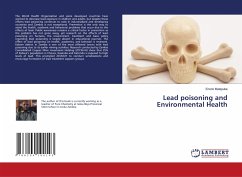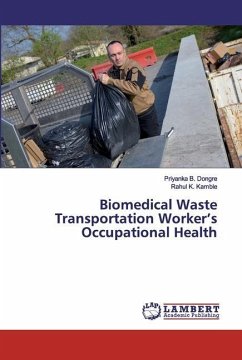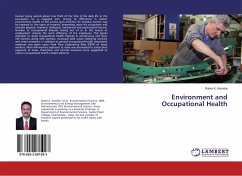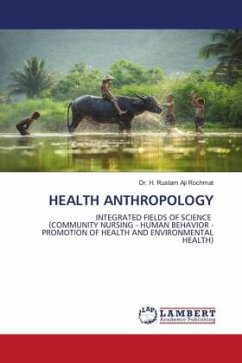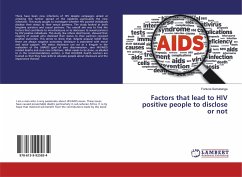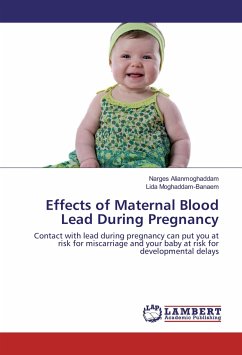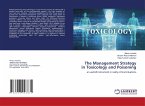The World Health Organization and some developed countries have worked to decrease lead exposure in children and adults, but despite these efforts lead poisoning continues to exist in industrialized and developing countries and Zambia is not exceptional. Prevention is the only way to avoid the health, academic and behavioral problems that occur due to the effects of lead. Public awareness remains a critical factor in prevention as the problem has not gone away, yet research on the effects of lead poisoning on humans, the environment, treatment and basic policy regarding lead poisoning is largely absent in educational journals. The effect of lead poisoning on health, academics, and behavior is reviewed. Kabwe district in Zambia is one of the most affected towns with lead poisoning due to its earlier mining activities. Research conducted by Zambia Consolidated Copper Mine Investment Holding (ZCCM-IH) show that 35% of Kabwe's population in Chowa, Kasanda and Katondo is exposed to high levels of lead. This prompted ZCCM-IH to conduct sensitizations and encourage formation of lead treatment support groups.

